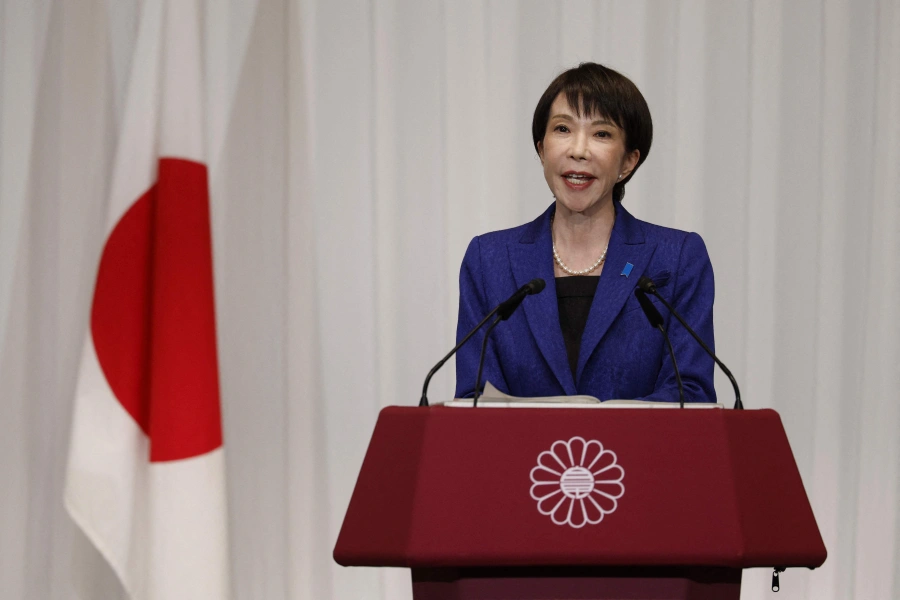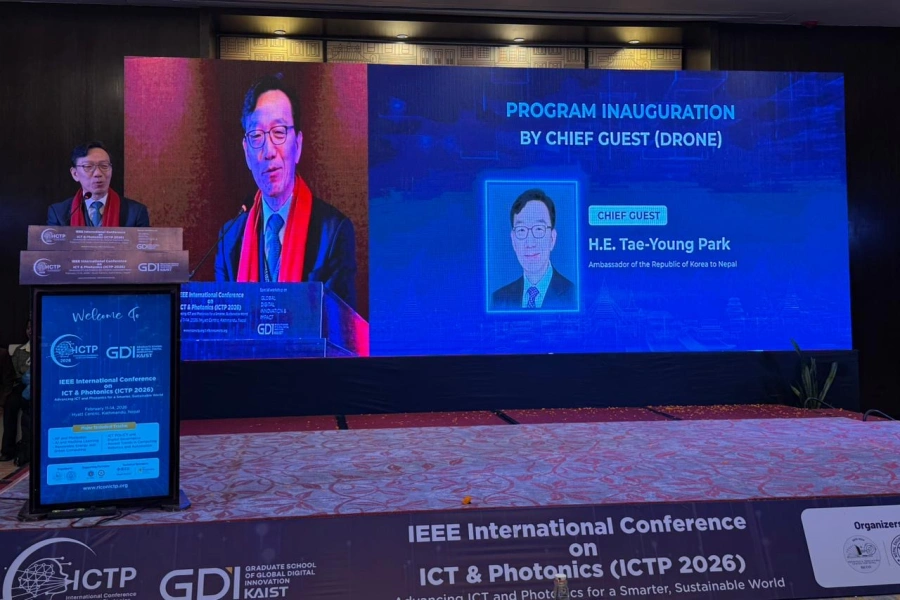KATHMANDU, Oct 17 : Nepal has called on the international community, particularly the developed countries, to cooperate with the country in mitigating the disproportionate impact of climate change in the country.
Addressing the Climate Conclave themed ‘The call of Mt. Everest for Global Climate Action’ organized by Nepal Republic Media Limited in the capital on Thursday, Minister for Foreign Affairs Arzu Rana Deuba and Minister for Forests and Environment Ain Bahadur Shahi called for support from the international community to help Nepal deal with the disproportionate impact of climate change.
Speaking at the conclave, the ministers stated that it is a matter of gross injustice to countries such as Nepal with a negligible contribution to global greenhouse gas emissions to be the victims of such climate disasters. They emphasized the urgent need to appeal to the international community to ‘move forward with climate action’.
Actions to minimize impact of climate change should start at th...

Foreign Minister Rana urged the developed countries, whose actions mainly precipitated the climate crisis, to provide adequate resources, technology and other support to the developing countries for their adaptation and resilience building. She added that the promises from the United Nations Framework Convention on Climate Change (UNFCCC) to the annual Conference of Parties (CoPs) have been aplenty, but their delivery has been lacking.
Forest Minister Shahi stated that the need for diversion of the budget allocated for mitigating the impacts of climate change has hindered the development process of the country. He claimed that diversion of funds initially allocated for sectors such as education, health and transport, to rebuilding after disaster incidents induced by climate change, has hampered the development process in the country.
Stephen Dunbar-Johnson, President, International for The New York Times urged news media to focus on the human angle of the climate crisis while reporting on climate rather than the stark facts and figures relating to the crisis that traumatize the audience. He advised journalists that it is not necessary to mention climate change in the headline in order to write good climate stories.
The Ambassador of the United Kingdom to Nepal, Rob Fenn stated that both Nepal and donor as well as developed countries like the UK have equal part to play in mitigating the impact of climate change in Nepal. He said that part of the solution involves countries with greater wealth and responsibility for climate change contributing their fair share of international climate finance, while another part includes funding regional institutions to enable the mobilization of a strong, united voice at climate and biodiversity conferences.
Similarly, Global Engagement Director for the Fossil Fuel Non-Proliferation Treaty, Harjeet Singh highlighted the urgent need for equitable solutions for vulnerable nations like Nepal. He said that Nepal, which contributes only 0.02 percent of global greenhouse gas emissions, should not shy away from calling for climate justice as it faces disproportionate impacts from climate change.
The conclave was moderated by Samriddhi Gyawali, CEO of Nepal Republic Media (NRM) while NRM Chairman Binod Raj Gyawali, NRM Director Shova Gyawali, and Executive Vice President of The New York Times for Asia Pacific Helena Phua also attended the conclave.





































